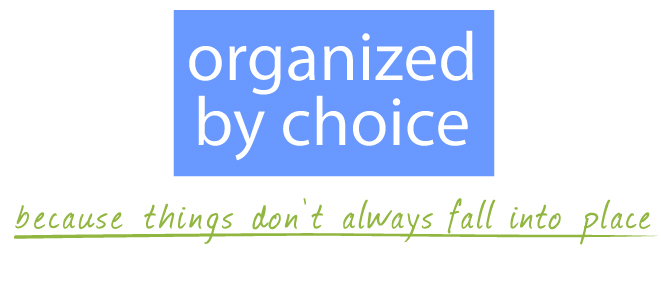One of my favorite Mother’s Day cards shows a two-year-old on a potty chair. It says, “Hey Mom! Thanks for teaching me so many wonderful things over the years.” Inside: “Especially that potty training thing. (I can’t tell you how many times that has come in handy!")”
Teaching our kids all those "wonderful things" doesn't come without a price, but we persevere so they become independent, responsible human beings with essential life skills. Here are a few incentives to keep you motivated (since not all benefits are as obvious as the potty training thing).
Productivity – As kids learn new skills they contribute more as productive members of the family.
Less Stress – Much like a well-run business, a family operates more smoothly when systems are in place and everyone knows what’s expected of them.
Less Supervision Required – With proper training and routines, children execute their tasks more independently. (Less nagging and yelling)
Increased Esteem and Unity – Children with responsibilities experience a sense of accomplishment and see themselves as essential to the family unit through their contribution.
With kids’ outside activities cut down a notch by the pandemic, there’s no better time than now to focus on one of these Timely Tips with your family.
Timely Tips - for essential life skills
Time Management – Kids aren’t the only ones who struggle with managing their time. These tips and tools will benefit the entire family.
Measure how long things take – getting ready in the morning, getting ready for bed, doing homework, household chores, etc. Use this information with your kids to set wake-up times, a time for bedtime prep, and other responsibilities. Use a Time Timer (timetimer.com) as they do their chores and routines to show how much time remains and help them stay on track.
Block specific times on a weekly chart for household chores, homework, and daily routines. This helps kids easily see what they need to do and when. Direct kids to the chart (posted in a prominent place) rather than yelling or nagging to keep them on task. Be sure to schedule in free time too.
Use a digital or wall-type family calendar. Help your kids record and track their activities on the calendar. Set a weekly time to review and update it together.
Organizing and Maintenance – If your child doesn’t have a natural bent toward organization, the command or request to “clean your room” will mean “push everything out of sight.” These skills require show and tell. Work with your child through these steps.
Sort and purge toys, clothes, books, etc. Let go of those things that your child has outgrown or are broken, etc. Do this seasonally or as needed.
Create homes for the remaining things using labeled drawers, shelves, and containers so it’s clear where everything belongs.
Incorporate a Ten-minute Tidy into your child’s evening routine so that the mess stays manageable. Help your child practice placing things from that day (dirty clothes, toys, etc.) where they belong.
School-age children can manage the Ten-minute Tidy independently once they’ve learned the process.
Don’t worry, we didn’t make our two-year-old do ALL the yard work.
Family Responsibilities – Kids need to feel like an essential part of the household—because they are. Every person in the family should have assigned, age appropriate chores. Even if you can afford help, make sure your kids learn the basics of cleaning, laundry, meal prep, yard care, etc.
When training, give your child realistic and clear expectations. Show your child exactly what the end product should look like whether it’s setting the table, mowing the lawn, or cleaning the toilet.
Provide the appropriate tools and make them accessible.
Show them how to do it and stick around to coach the process until they grasp it.
Teach them that the job isn’t complete until the tools, clean laundry, etc. are put away.
Rotate chores, but not too frequently. Some consistency is valuable too.
Choose a few “over and above” jobs that kids can do for pay but explain that some things we do just because we’re part of a family.
Wise Words
You are what you repeatedly do. --Aristotle
Aristotle's quote speaks to the essential ingredient of consistency. When our kids are repeatedly acting in responsible ways, they will become responsible human beings. Just remember, as Joanna Weaver says, consistency isn't perfection, it's simply not giving up.


